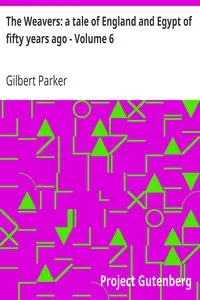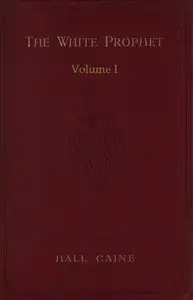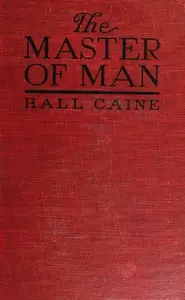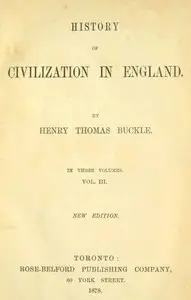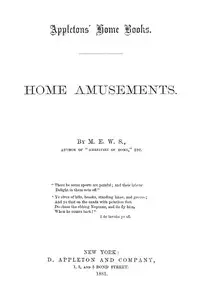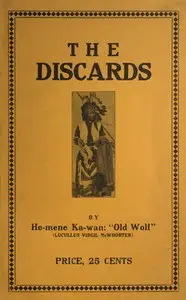"The White Prophet, Volume 2 (of 2)" by Sir Hall Caine is a historical fiction that unveils a dramatic story of love and conflict in Sudan and Egypt. The narrative revolves around Helena and Gordon, whose lives become entangled in a web of political turmoil and personal vendettas. As Helena awakens to the news of Gordon's arrival in Khartoum, she is torn between her past feelings and her commitment to Ishmael, while grappling with the consequences of her previous actions. Gordon, burdened by guilt over his role in Helena's past, seeks redemption as he faces a return to Cairo. Their interwoven fates play out against a backdrop of cultural clashes and political uprising, where individual choices ignite widespread repercussions, and betrayal lurks around every corner.
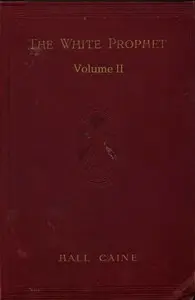
The White Prophet, Volume 2 (of 2)
By Hall Caine
Amid political tensions and personal betrayals in Sudan and Egypt, a woman is torn between a past love and her promised future, while a man seeks redemption for his role in her misfortune.
Summary
About the Author Sir Thomas Henry Hall Caine, usually known as Hall Caine, was a British novelist, dramatist, short
story writer, poet and critic of the late 19th and early 20th century. Caine's popularity during his lifetime was unprecedented. He wrote 15 novels on subjects of adultery, divorce, domestic violence, illegitimacy, infanticide, religious bigotry and women's rights, became an international literary celebrity, and sold a total of ten million books. Caine was the most highly paid novelist of his day. The Eternal City is the first novel to have sold over a million copies worldwide. In addition to his books, Caine is the author of more than a dozen plays and was one of the most commercially successful dramatists of his time; many were West End and Broadway productions. Caine adapted seven of his novels for the stage. He collaborated with leading actors and managers, including Wilson Barrett, Viola Allen, Herbert Beerbohm Tree, Louis Napoleon Parker, Mrs Patrick Campbell, George Alexander, and Arthur Collins. Most of Caine's novels were adapted into silent black and white films. A. E. Coleby's 1923 18,454 feet, nineteen-reel film The Prodigal Son became the longest commercially made British film. Alfred Hitchcock's 1929 film The Manxman, is Hitchcock's last silent film.
Sir Thomas Henry Hall Caine, usually known as Hall Caine, was a British novelist, dramatist, short story writer, poet and critic of the late 19th and early 20th century. Caine's popularity during his lifetime was unprecedented. He wrote 15 novels on subjects of adultery, divorce, domestic violence, illegitimacy, infanticide, religious bigotry and women's rights, became an international literary celebrity, and sold a total of ten million books. Caine was the most highly paid novelist of his day. The Eternal City is the first novel to have sold over a million copies worldwide. In addition to his books, Caine is the author of more than a dozen plays and was one of the most commercially successful dramatists of his time; many were West End and Broadway productions. Caine adapted seven of his novels for the stage. He collaborated with leading actors and managers, including Wilson Barrett, Viola Allen, Herbert Beerbohm Tree, Louis Napoleon Parker, Mrs Patrick Campbell, George Alexander, and Arthur Collins. Most of Caine's novels were adapted into silent black and white films. A. E. Coleby's 1923 18,454 feet, nineteen-reel film The Prodigal Son became the longest commercially made British film. Alfred Hitchcock's 1929 film The Manxman, is Hitchcock's last silent film.



